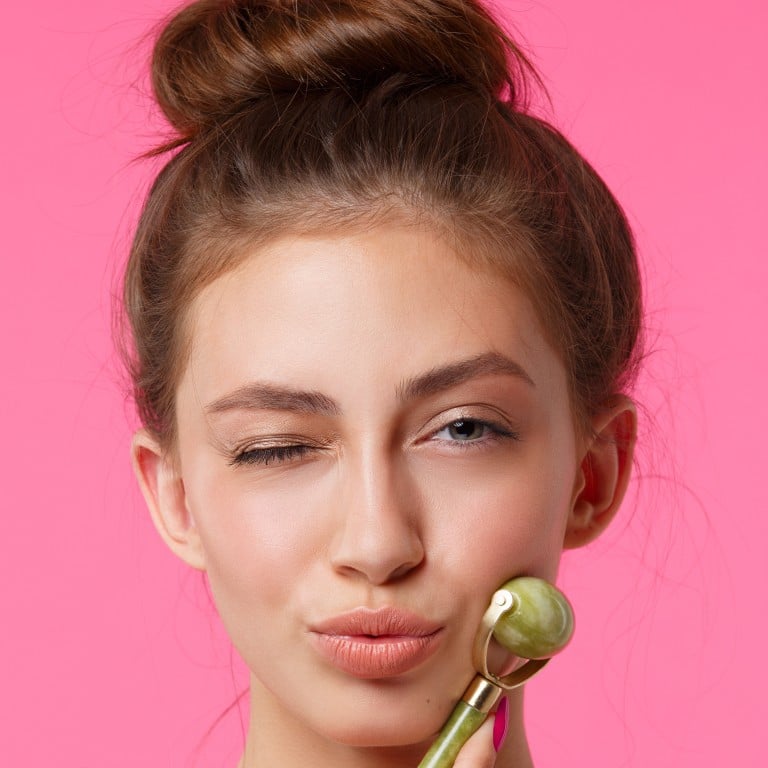4 top skincare trends in 2019 for youthful-looking skin: LED lights, rollers, face masks and retinol

Bright lights, big results – the search for the best anti-ageing treatment continues, and this year’s trends include gadgets, vitamins, at-home treatments and more
As the skincare industry continues to grow, and consumers become more tuned in to what they can do between professional treatments to keep their skin healthy and glowing, we continue to see different trends emerge. Here are five of the latest fads you might want to experiment with this season.
Retinol
You’ve probably heard the word retinol tossed around a lot within the beauty community, and there are good reasons for it. Not only can retinol be used for anti-ageing and smoothing out of those pesky wrinkles, it’s also an effective ingredient to treat acne. Often, as adults, if we find salicylic acid or benzoyl peroxide no longer do the trick, retinol will.
Retinol helps to resurface your skin, encourages collagen production and fights free radicals that damage skin cells and hasten ageing. Used consistently and continuously, retinol – also known as vitamin A – can dramatically improve the look and condition of your skin.
If you’ve never used this ingredient before, though, it’s a good idea to start with a low dosage of retinol and build up from there. And if you suffer from rosacea, eczema or psoriasis, avoid retinol altogether.
Chemical exfoliant
There are two types of exfoliants: physical and chemical. If you guessed chemical to be the harsher variety, you’d be wrong. Chemical exfoliants are actually the milder and more gentle option of the two.
While a physical exfoliant physically removes dead skin cells from the surface of your epidermis, a chemical exfoliant accelerates your skin’s natural turnover process. Any product that contains lactic acid, malic acid, or glycolic acid, alpha hydroxy acid (AHA) or beta hydroxy acid (BHA) are chemical exfoliants. These ingredients encourage dead skin cells to detach itself from the newer and healthier skin cells that are emerging from the deeper layers of your skin. So avoid applying it near your eyes as your skin is more sensitive in those areas.